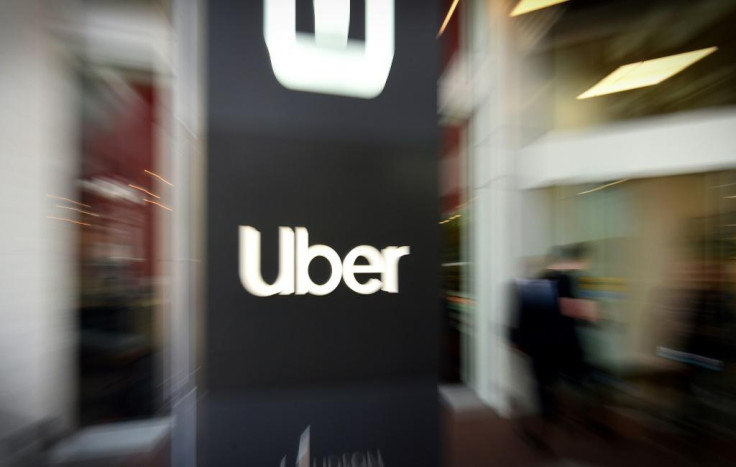Uber Introduces Flexible Work Model For Employees

As more companies gear up to bring their employees back to their offices for the first time since many were largely vacated due to the COVID-19 Pandemic, new approaches to how employees spend time there continue to emerge, with Uber giving their employees a new hybrid model that will give them the flexibility and control over just how often they show up to their office.
In a new blog post (as reported by CNN Business), Chief People Officer Nikki Krishnamurthy effectively reversed a prior announcement the company had made where they said they wanted workers to return to the office three days a week this Fall. Instead, they are now allowing those who choose to return to work in the office to do so in a flexible manner—and to only spend at least 50% of their time there.
“This can be 3 days one week and 2 days the next week, or 5 days one week and 0 days the next week, depending on what works best for the employee and their team,” Krishnamurthy said.
CNBC reports that they will also be allowing employees to have more flexibility on their preferred office location, with “dedicated team hubs,” instead of workers being limited to just the location they worked in pre-pandemic, as well as also allowing employees who wish not to return to become fully remote.
Those who choose to stay remote will still have the opportunity to collaborate with their teammates in face-to-face interactions via in-person periodic meetings once the offices reopen.
Barring a new outbreak of COVID-19 that worsens, Uber expects to unveil the method by the fall and keep employees at home until Sept. 13. They intend to have all changes in status for employees processed by that time.
Uber is headquartered in San Francisco, but also holds offices in Atlanta, Austin, Boston, Chicago, Dallas, Denver, Houston, New York and other cities.
In addition to Uber, other companies which have changed and adapted their models since the pandemic have included Spotify, which allows employees to choose full-time office, full-time home or a combination of both as their work model; Salesforce, which is letting their employees choose to stay home; and Twitter and Square, who are both allowing employees to work from home on a permanent basis with no plans to return to the office at all.

Photo: AFP / Josh Edelson





















